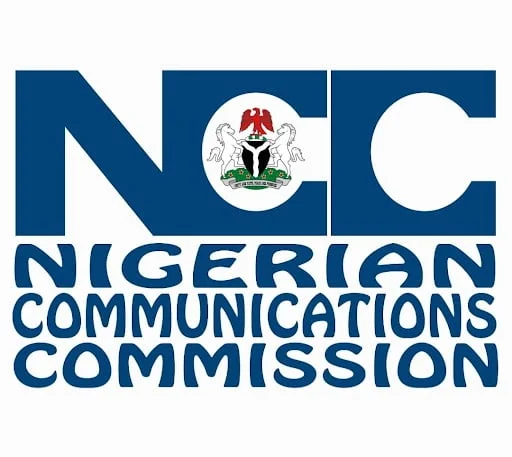In the latest telecommunications statistical indicators released by the Nigerian Communications Commission (NCC), Nigeria has witnessed a consistent rise in active voice and internet subscriptions. The data, adjusted to align with the most recent population growth figures and international best practices, shows a drop in teledensity.
Reuben Muoka, the Director of Public Affairs at NCC, conveyed this information in a press statement. The adjustment, reflected in the telecom industry statistical reports for September, October, and November 2023, was based on the Nigerian Population Commission’s projection of the country’s population at 216,783,381 as of 2022, replacing the previous 2017 projection of 190 million people.
According to the statement, the teledensity in September dropped from 115.63% to 102.30%, and broadband penetration witnessed a similar decline from 45.47% to 40.85%. However, active voice subscriptions showed marginal growth from 220,361,186 to 221,769,883 in September 2023. Internet subscriptions also experienced a slight increase, from 159,034,717 in August 2023 to 160,171,757 in September 2023.
In October 2023, the industry saw a 0.19% growth in active voice subscriptions, with teledensity at 102.49%, and a 0.60% increase in internet subscriptions compared to September 2023.
November of the same year witnessed a 0.46% growth in active voice subscriptions, with teledensity standing at 102.97% and a 0.57% rise in internet subscriptions compared to October 2023.
Teledensity, an index prescribed by the International Telecommunications Union (ITU), measures telephone penetration in a population by a factor of one line per 100 individuals.
The adjustment by the Commission is in line with Section 89 Subsection 3(d) of the Nigerian Communications Act 2003 (NCA 2003), mandating the Commission to monitor and report on the state of the Nigerian telecommunications industry, provide statistical analysis, and identify industry trends.
Dr. Aminu Maida, the Executive Vice Chairman and Chief Executive Officer of the NCC, affirmed the telecom statistical adjustment process as a crucial step to maintaining data integrity.
He highlighted its significance in accurately measuring progress towards increased broadband penetration, improved quality of service, and expanded population coverage, aligning with the Strategic Plan for the Federal Ministry of Communications, Innovation, and Digital Economy.
Maida emphasised the importance of this data for international organizations, development agencies, operators, investors, multilateral agencies, and the public.



